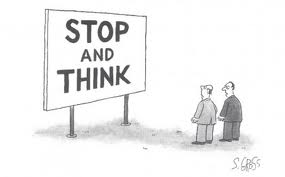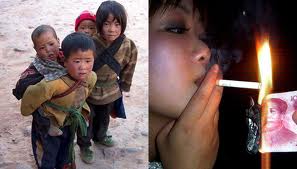[UPDATE: This first appeared about a year ago, Jan. 9, 2013. I’d nearly forgotten what this piece was, exactly, until a reader included it on her “best of Howdy ’13”. This was a little embarrassing, since when I wrote it I’d been very moved by a dream and vainly hoped this inspiration might affect many more minds than just mine. (I can still find traces of this resolution-from-another-January in my attempts at mindfulness, but I’d lost the main thread. Pretty characteristic, I’m afraid!) It’s a short piece, and it contains an idea for you alongside my own reflections. It is on the long-ish short list for “Best Of JH.com”, which is coming soon.]
I had a dream last night, and it’s still with me this morning. Maybe it’s because I’m starting a holiday, and I have no plans. Maybe it’s because I went to bed early and slept almost as long as I wanted. Maybe it’s just time. This is for sure: I want to do a little something with what seemed to be uncovered to me in my sleep, and in the moved but unmoving minutes just after. Maybe you will, too.
Who knows where dreams come from? My wife travelled today, and among other adventures will retreat for an intensive period of Vipassana meditation. There will be no talk for nearly 10 days, just action of an extremely still kind. There’s that. Friends back home in Canada are paying more and more attention, the whole country is, to a grassroots movement of Aboriginal people called “Idle No More”, whose purpose (as I understand it from afar) is to mobilize the hopes and capacities of Native Canadians and those who respect them. Many Aboriginal communities live in shameful conditions, especially in the country’s vast north, and the prosperous wider society is being called to account. That’s been on my mind, too, though it may hold little interest for you.



